Great escapes: 19 of the best sci-fi holiday reads
Your sci-fi reading list just teleported in from the future...
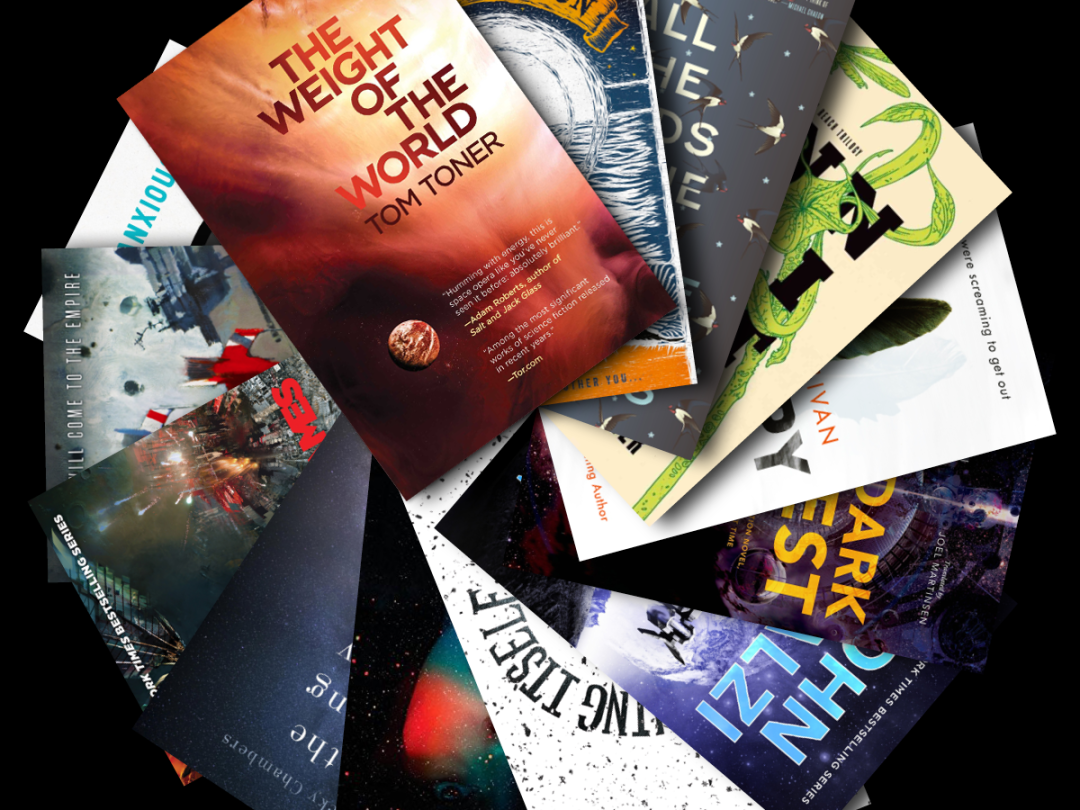
If you love technology, you’ve got to love sci-fi. It’s where the big ideas come from – decades or even centuries before they happen in real life, the inventions of the future are described by some of the world’s best authors.
Fortunately, we already live in a future where we can pack dozens of holiday books into one pocketable e-reader. And that means you could potentially take every one of these 19 imaginative wonders with you on your summer break. Though whether you could get through them all is a different matter.
We’ve concentrated mainly here on recent novels, with the majority having been released in 2016 or 2017; we figured you’d already have read Slaughterhouse Five, The Man In The High Castle and Snow Crash by now. We’ve also included a few books which form the second part (or later) of a series. Obviously in most cases you’ll want to read the first part beforehand. But again, if you’re a big sci-fi fan you probably already have done.
So whether you’re looking to board a spaceship and fly through a melodramatic space opera or have your mind blown by a blast of intellectual sci-fi, these modern science fiction classics are the premium reading fuel to pour into your new Kindle.
Additional words: Danny Wadeson
The Long Way To A Small, Angry Planet, by Becky Chambers (£2)
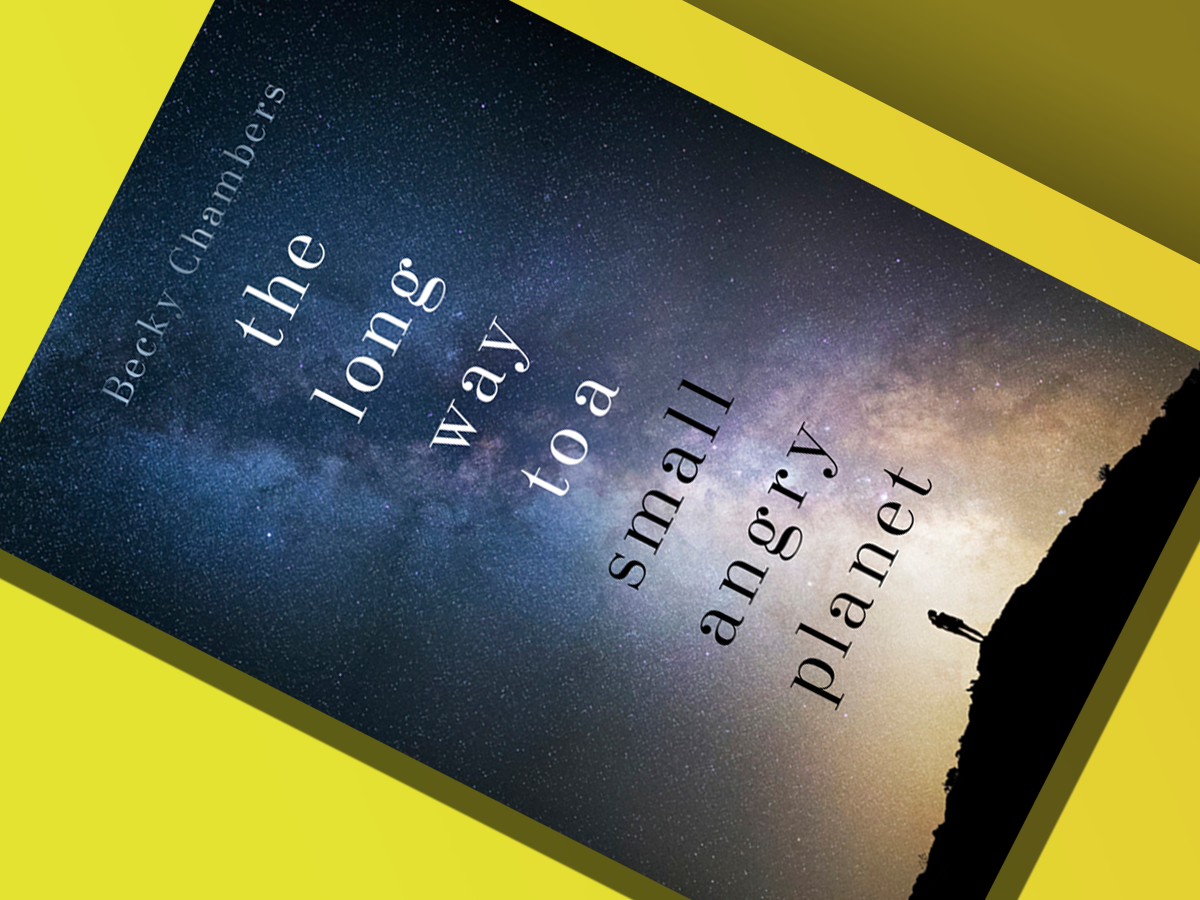
Read it if you enjoyed… Firefly
A self-publishing phenomenon, this episodic story follows a fascinating group of individuals, thrown together by fate and stuck together in a small wormhole-building spaceship called The Wayfarer.
The bulk of the narrative is retroactive, as each dysfunctional member of the crew slowly reveals the paths and motivations that led them to the ship and each other. As the ship makes its year-long journey, the crew’s reaction to the places and sights along the way reveal more about the equally curious universe around them, too.
Full of memorable quirks (the ship essentially runs on modified algae) and underscored by a wry sense of humour, this space opera is ambitious, great fun and original – for a debut or otherwise.
The space between the stars, by Anne Corlett (£7.12)
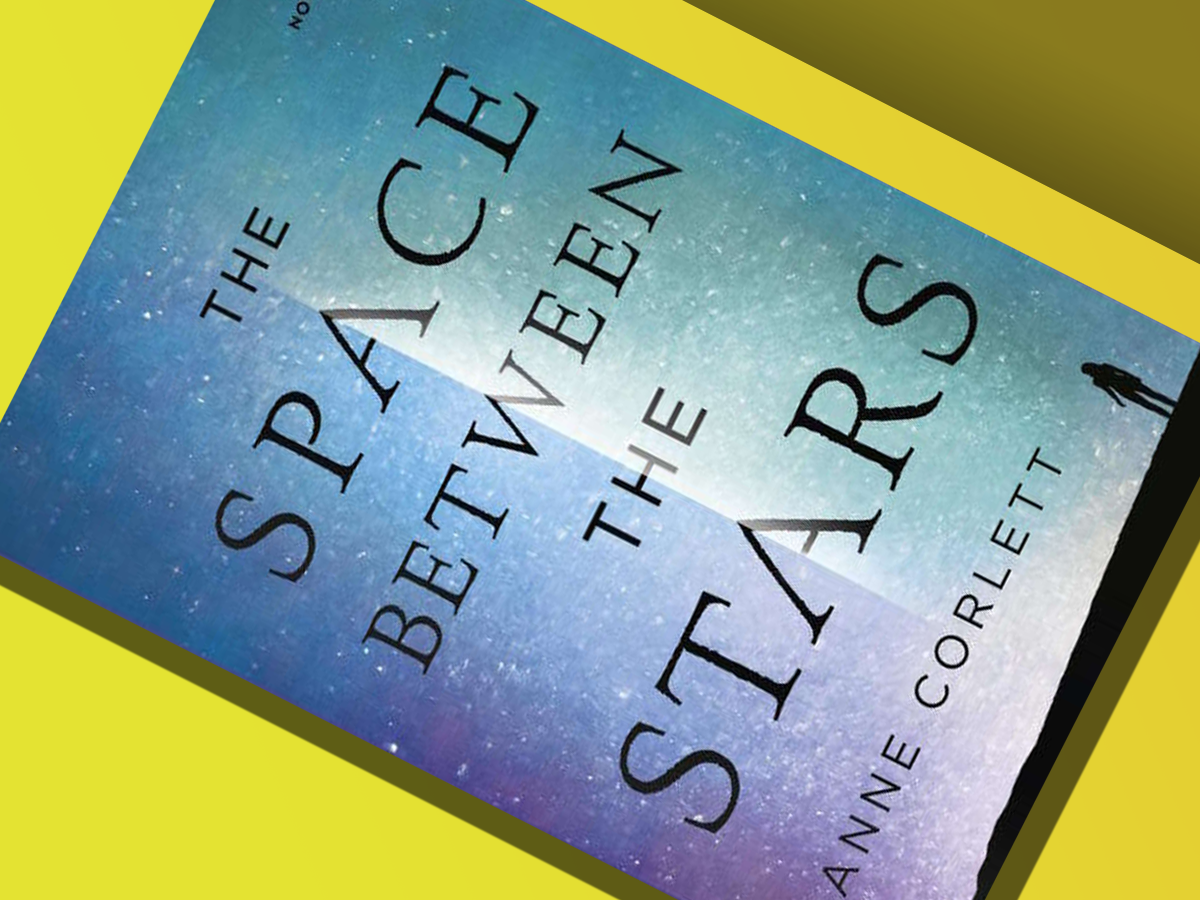
Read it if you enjoyed…Station Eleven (by Emily St. John Mandel)
It doesn’t look like post-apocalyptic fiction is going out of fashion anytime soon. Enter TSBTS, which comes at things from a human-centric, Firefly-esque angle.
Protagonist Jamie is an unlikely survivor of a virus advertised as having a 99.9% kill rate. She soon manages to muck in with a small ship’s captain, and they collect an unlikely crew of similarly displaced survivors as they make their winding way back to Earth. This is definitely not a hard-sci-fi look at survival in the stars, more a focus on the strange new lives of the truly ragtag bunch. As a result, TSBTS is an accessible, character-driven road-trip that manages to put a twist on the formula.
The Dark Forest, by Liu Cixin (£5.80)
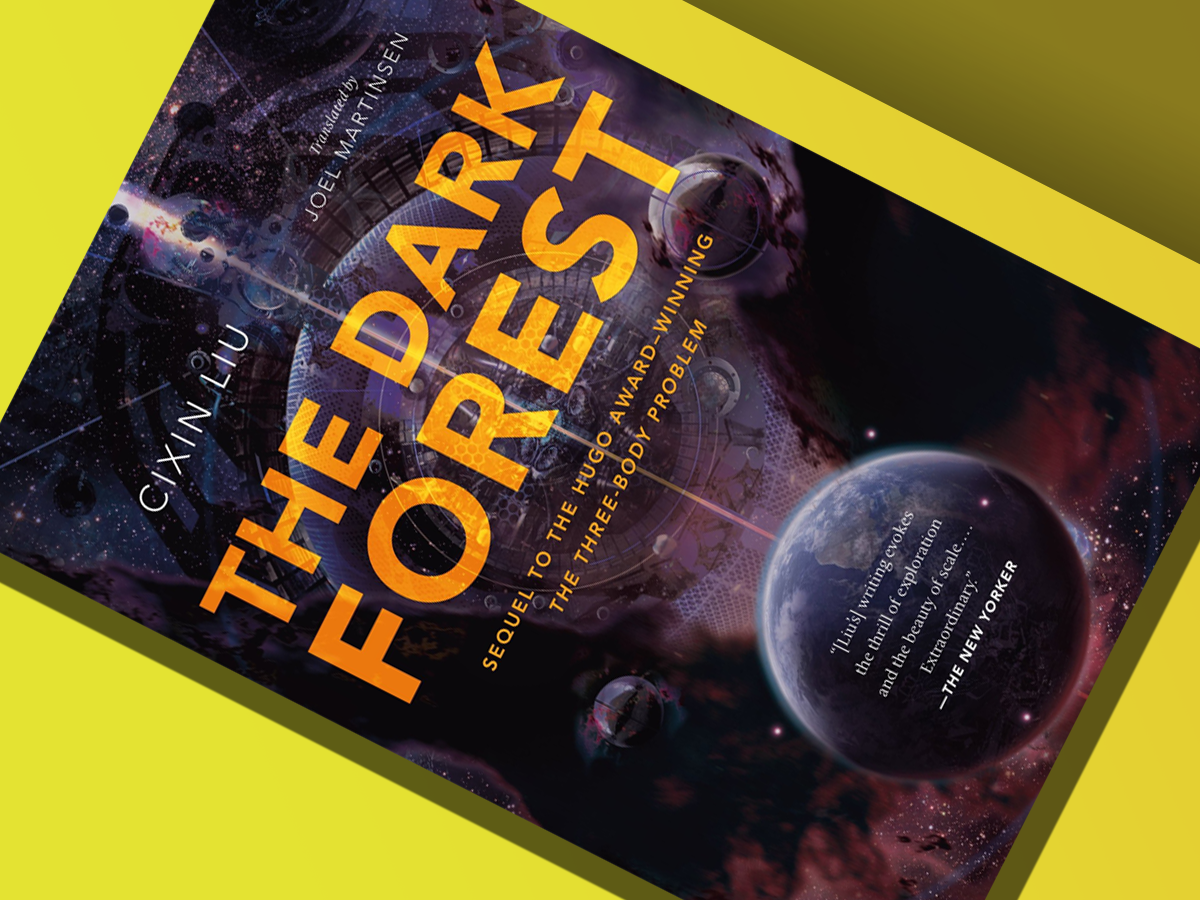
Read it if you enjoyed… Hyperion (by Dan Simmons)
This second book from the Remembrance Of Earth’s Past trilogy is a brilliant, century-spanning sci-fi thriller with a heavy emphasis on astrophysics and psychology in the face of impending doom.
The overarching plot of the first two books concerns humanity’s preparations for an alien invasion that’s still 400 years away. Only problem is, there’s a meddling pro-alien faction on Earth helped by ‘Sophons’, alien spy particles sent in advance. So the UN tasks five extraordinary individuals (‘Wallfacers’) with inventing plans known only to them, using near-unlimited resources in order to keep the Sophons in the dark.
Luo Ji, our protagonist, is one such Wallfacer – only, he’s not brilliant, and he has absolutely no idea why he’s been chosen. There are parts that get a little dense, but overall The Dark Forest is a blisteringly original, tender, humorous page-turner by China’s foremost sci-fi author.
Station Eleven, by Emily St. John Mandel (£4.29)
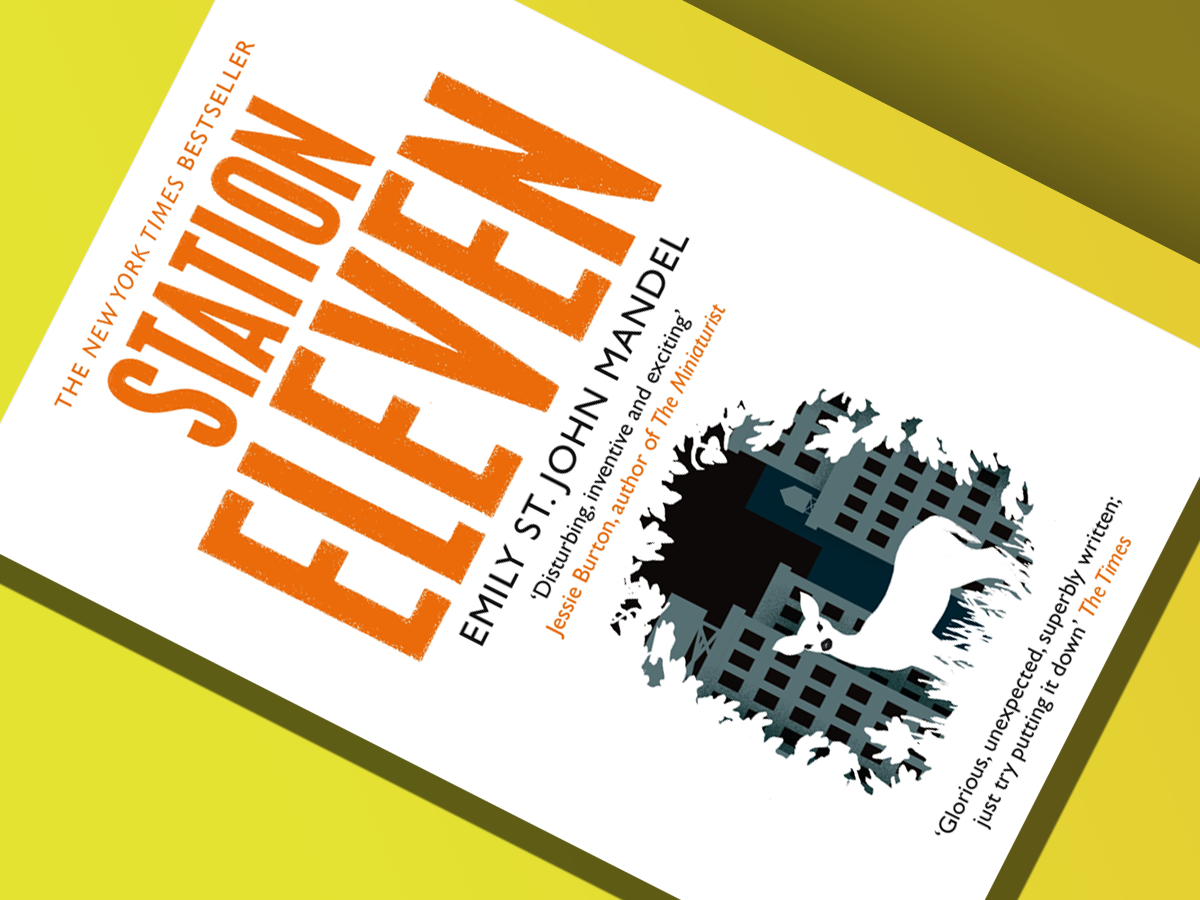
Read it if you enjoyed… The Bone Clocks (by David Mitchell)
Some would argue this humanist, post-apocalyptic tale isn’t technically sci-fi, but it won the 2015 Arthur C. Clarke award, so they’re wrong.
Station Eleven’s narrative straddles the end of life as we know it thanks to a pandemic called the Georgia Flu, and centres on one perspective from each side of the cataclysm. Pre-flu, Arthur Leander is a Hollywood actor jaded by Hollywood, while the post-flu sections focus a young women named Kirsten, an actress with a roving band of Shakespeare performers 15 years later.
The ‘Travelling Symphony’ performers live by the Star Trek quote etched into their wagon – “Because survival isn’t enough” – but when the troupe enters a new town led by a sinister cult, survival becomes more of a focus. Arthur’s past and Kirsten’s present, along with the emerging cult, are all inextricably linked. What emerges is a tense, slow-burning thriller and a poignant meditation on the nature of fame and fate. In other words, perfect beach fodder.
From Darkest Skies, by Sam Peters (£7.99)
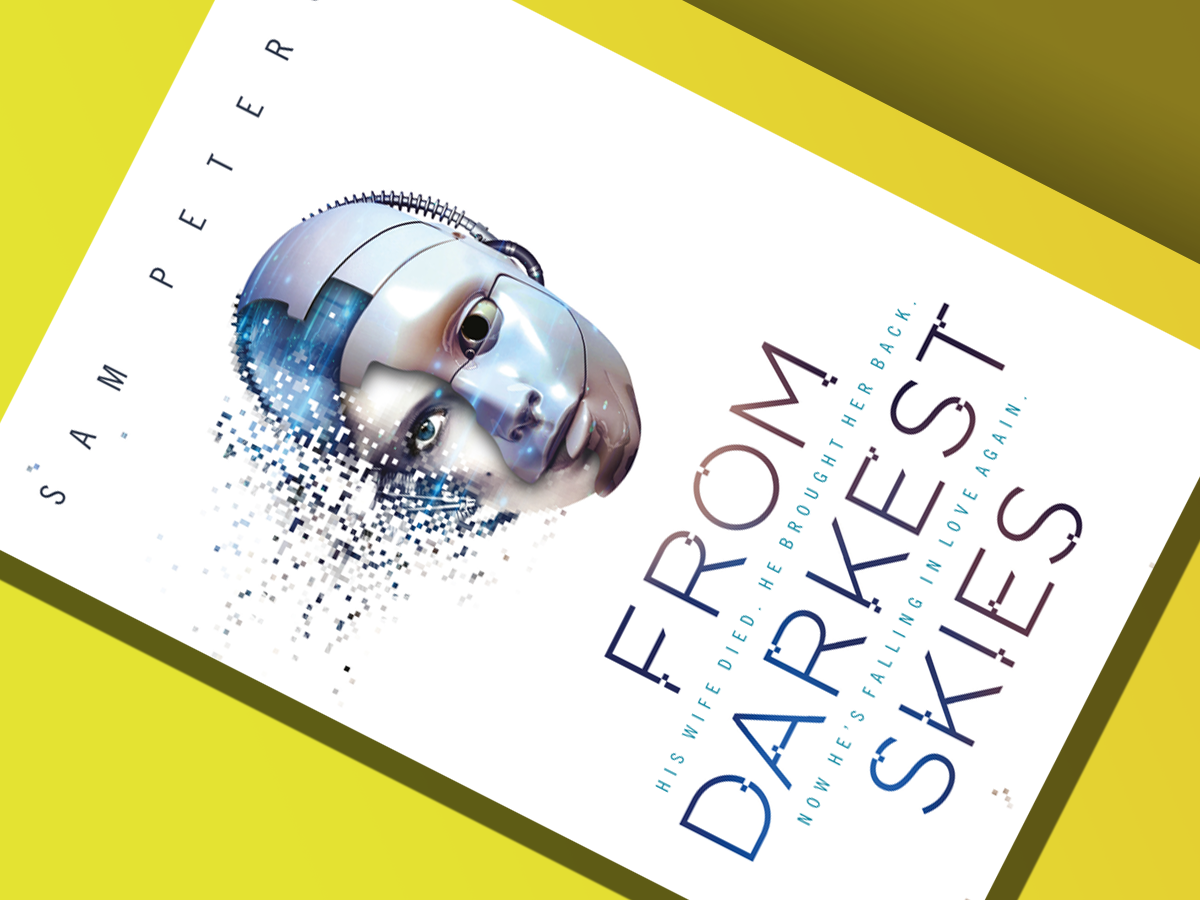
Read it if you enjoyed… Black Mirror
Cyberpunk never really goes away, and From Darkest Skies takes up the torch and illuminates a detective thriller about AI, memory, and the nature of love itself.
At the outset, Agent Keona has lost his wife (and fellow agent) to a bomber named Loki, is exiled from Earth, and generally down and out. Yet his wife lives on as an artificial personality that Keona keeps hidden, and that can retrace her very mysterious steps. What follows is a gripping, gradually-unfolding neo-noir thriller that tests Keona’s loyalties and ideas of love. Makes you realise Siri has a long way to go.
The Human Division (by John Scalzi)
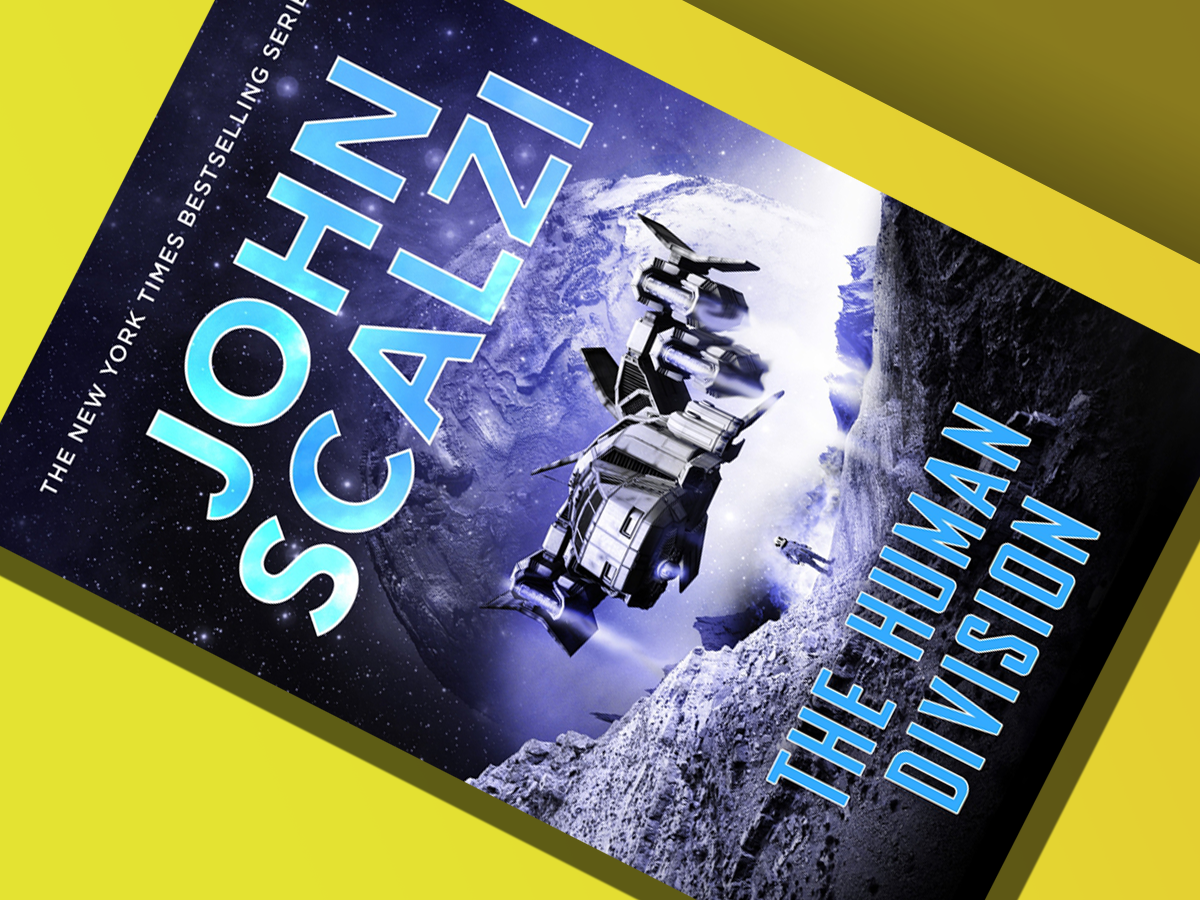
Read it if you enjoyed… Battlestar Galactica
Scalzi just has the touch when it comes to characters who ultimately succeed, despite finding themselves knee-deep in desperate situations that demand gallows humour.
This is the fourth book from his Old Man’s War series of five, and one of the best setups yet. Relations between the space-faring Colonial Union and the Earth are at an all time-low. The huge alliance of alien races known as The Conclave have forbidden further colonisation. There’s a shadowy terrorist threat much closer to home. And the stars of the novel are the diplomatic B-team, flown into last ditch attempts to salvage important alien negotiations gone wrong.
Of course, in inspired fashion, they keep on going wrong. With characters you can’t help but hate to love, diplomatic tension and plenty of action, The Human Division is the beginning to a fantastic climax to the series.
Annihilation, by Jeff Vandermeer (£4)
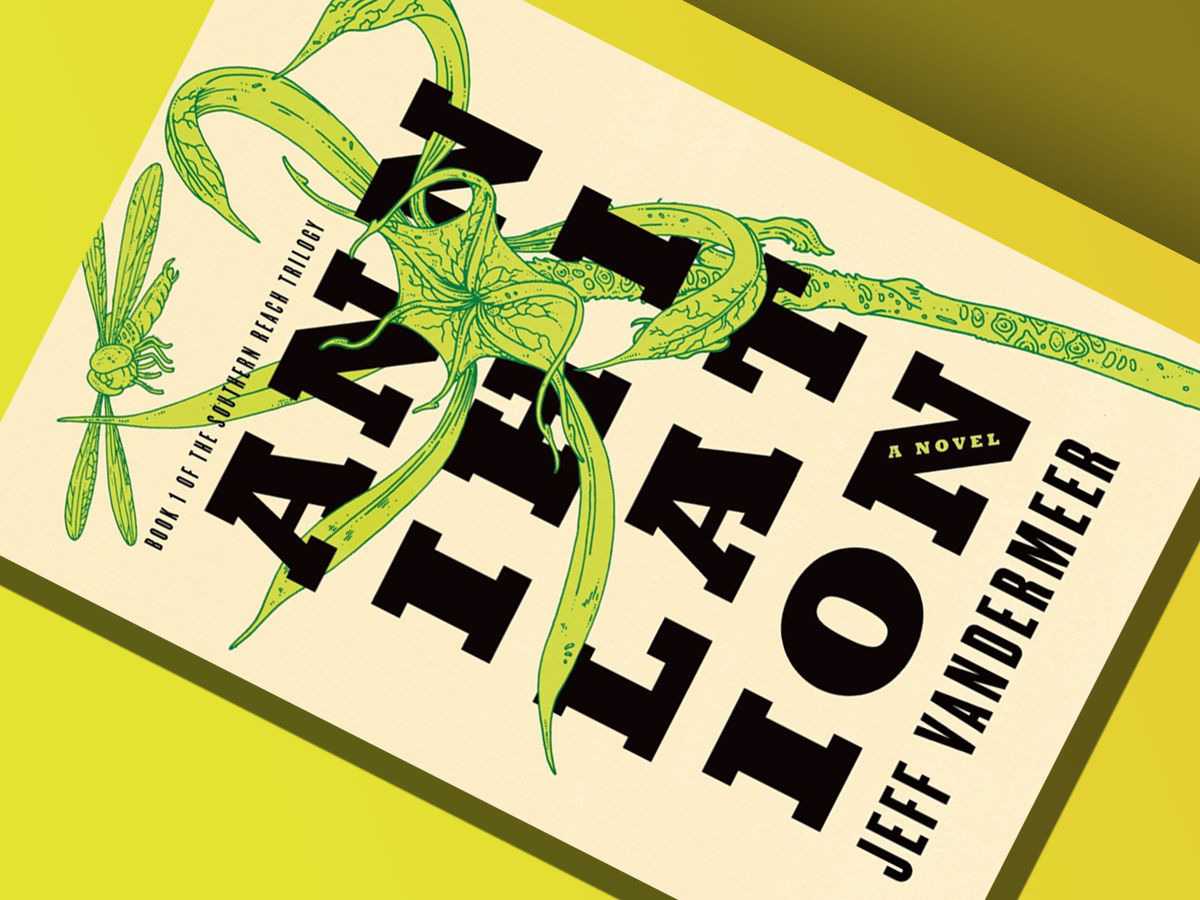
Read it if you enjoyed… The X Files
‘Area X’ is an environmental catastrophe near a US military base, a bizarro hinterland of freakish flora and fauna. No-one knows what caused it, or what’s really going on inside…just that it’s (very slowly) growing.
Annihilation follows four unnamed, professional women, the latest in a series of small expeditions sent by the US government to map and investigate the area, as they focus on what can only be described as a tower that goes down, not up. The book is told from the biologist’s perspective, often flashing back to the motivations that led her to volunteer for Area X.
With secrets, mysteries, freakish occurrences and more questions than answers, Annihilation is a haunting, thrilling start to the trilogy.
Down Station, by Simon Morden (£5.99)
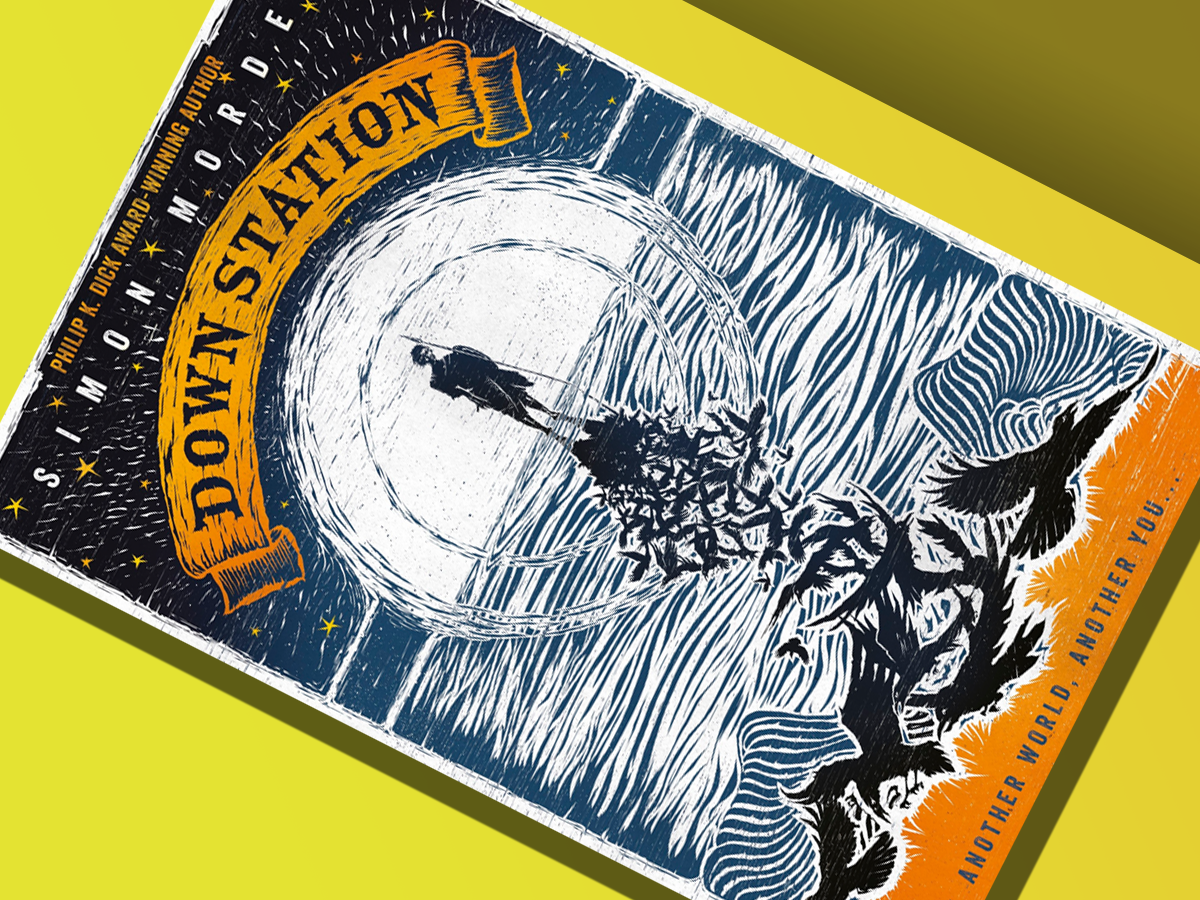
Read it if you enjoyed… Perdido Street Station (by China Mieville)
Have you read Philip José Farmer’s To Your Scattered Bodies Go? What do you mean, no? It would help if you had, because then we could explain that Down Station starts in a roughly similar way, with a group of characters suddenly placed in a mysterious world that could be an alien planet, the afterlife, or something stranger still.
The first chapter is a brilliantly claustrophobic exercise in impending disaster: a bunch of Tube workers run from a huge fire, caused by a cataclysmic event on the surface, until they find a door deep underground. Beyond the door is the sea, and the sky, and a sunlit beach. They pass through, and the door disappears behind them. What follows is magical, violent and thrilling in equal measure.
The Stars Are Legion, by Kameron Hurley (£3.95)
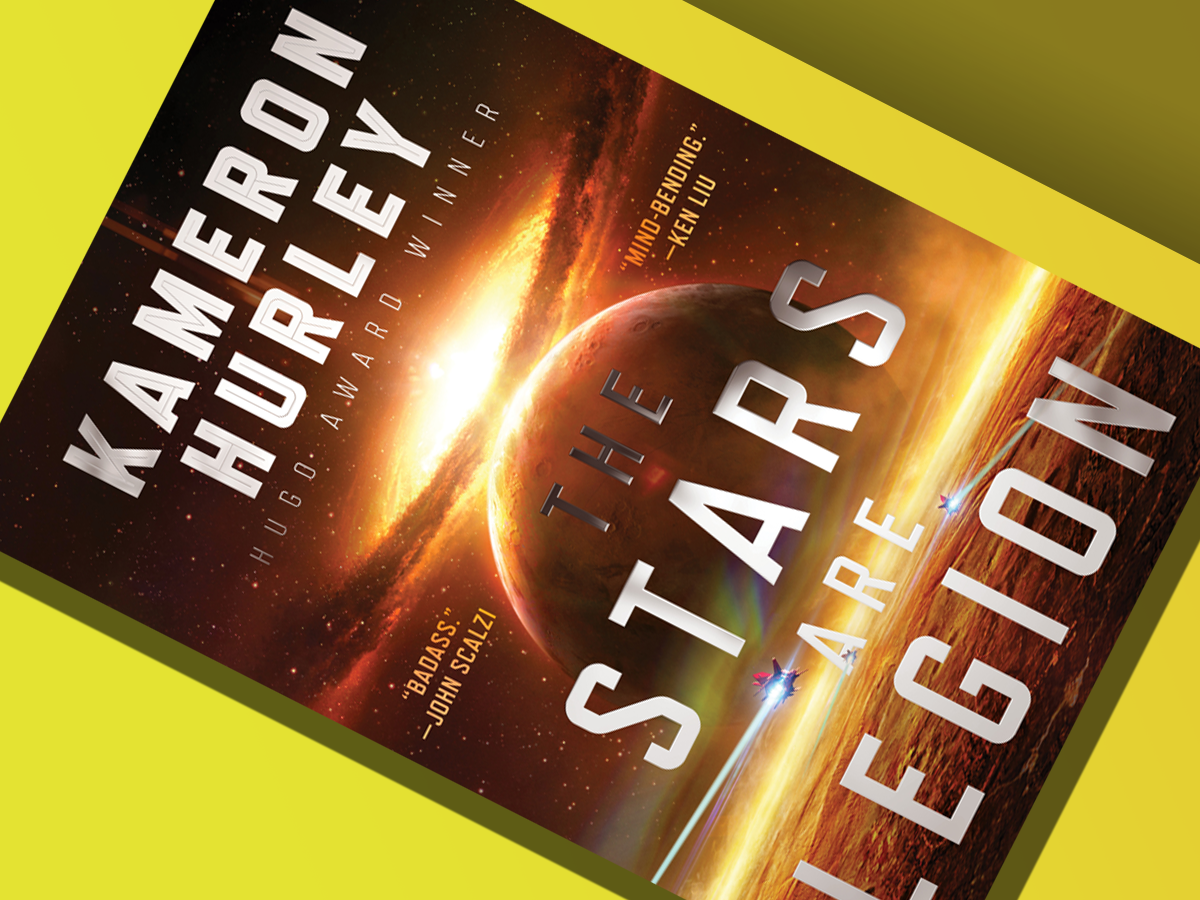
Read it if you enjoyed… (Dune by Frank Herbert)
What a premise: an entirely female society of (near) humans living aboard semi-sentient ‘world ships’ (The Legion) at the centre of a gruesome war (and conspiracy) for control of them.
There’s plenty of ambition in this daring tale of bio-tech and bloody intrigue, and somehow it all largely hangs together. Deeply flawed, compelling characters go a long way, including protagonist Zan, who kicks-ass as part of a larger power-play to control the most prized world-ship. It really is difficult to be original in sci-fi, but The Stars Are Legion has an explosive, very gore-filled crack at it.
Ancillary Sword/Mercy/Justice, by Anne Leckie (£18 for trilogy)
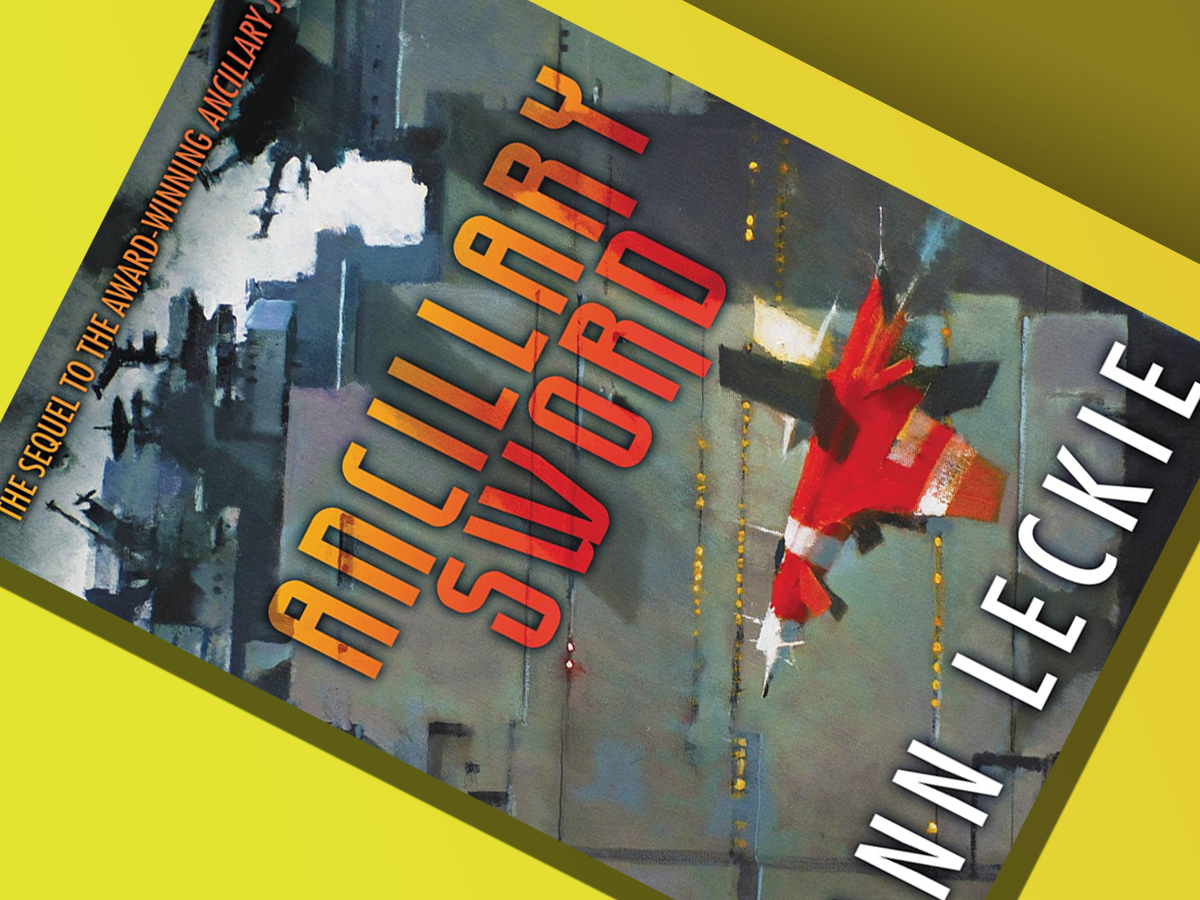
Read it if you enjoyed… Ender’s Game (by Orson Scott Card)
Anne Leckie’s trilogy is loosely about a sentient spaceship with a hive-mind, able to control its hundreds of once-human ‘ancillaries’ simultaneously, wherever they might be.
When ‘it’ is destroyed in the early stages of a coup, a lone ancillary escapes and swears vengeance, although ‘her’ greatest struggle is in suddenly coping with being an individual. Although the conspiracy it stumbles into isn’t an anti-grav walk in the palk either.
Absolutely drenched in awards including the Hugo, Nebula and Arthur C. Clarke awards for best novel, Ancillary Sword and the trilogy as a whole is ambitious, wildly inventive and chillingly futuristic.
The Weight Of The World (The Amaranthine Spectrum #2), by Tom Toner (£7.99)
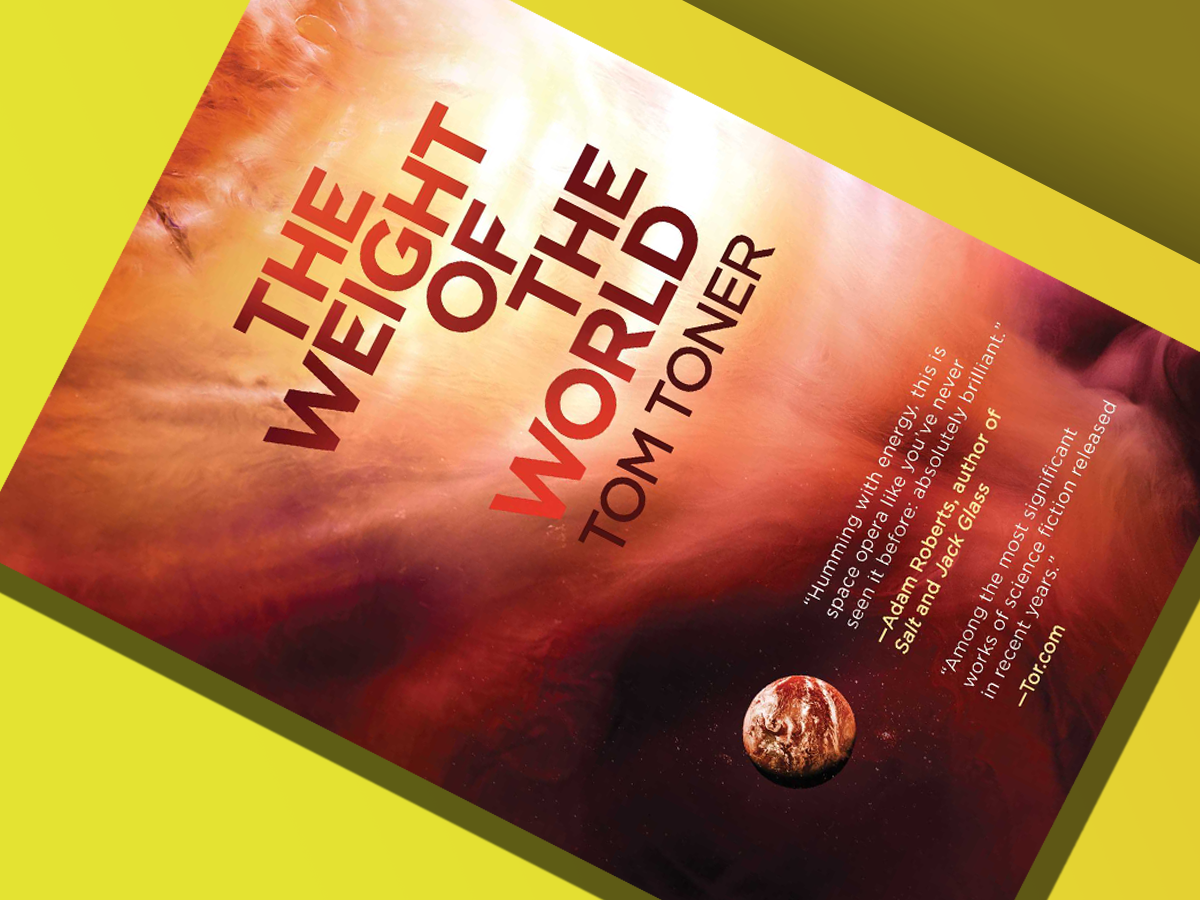
Read it if you enjoyed… Peter Hamilton’s Commonwealth series
Have you ever wondered what super, super far-future interstellar human civilization would be like? What about after discovering immortality and a ‘Prism’ of alien races? Then this is the space opera for you.
Book one was a real slow-burner, and #2 begins with a handy summary of events, before jumping with much more pace back into the civil wars, galactic treasure hunts and multiple perspectives. And be prepared for Lycaste, one of sci-fi’s weirdest, most reluctant protagonists in a long time.
The Thing Itself, by Adam Roberts (£9)
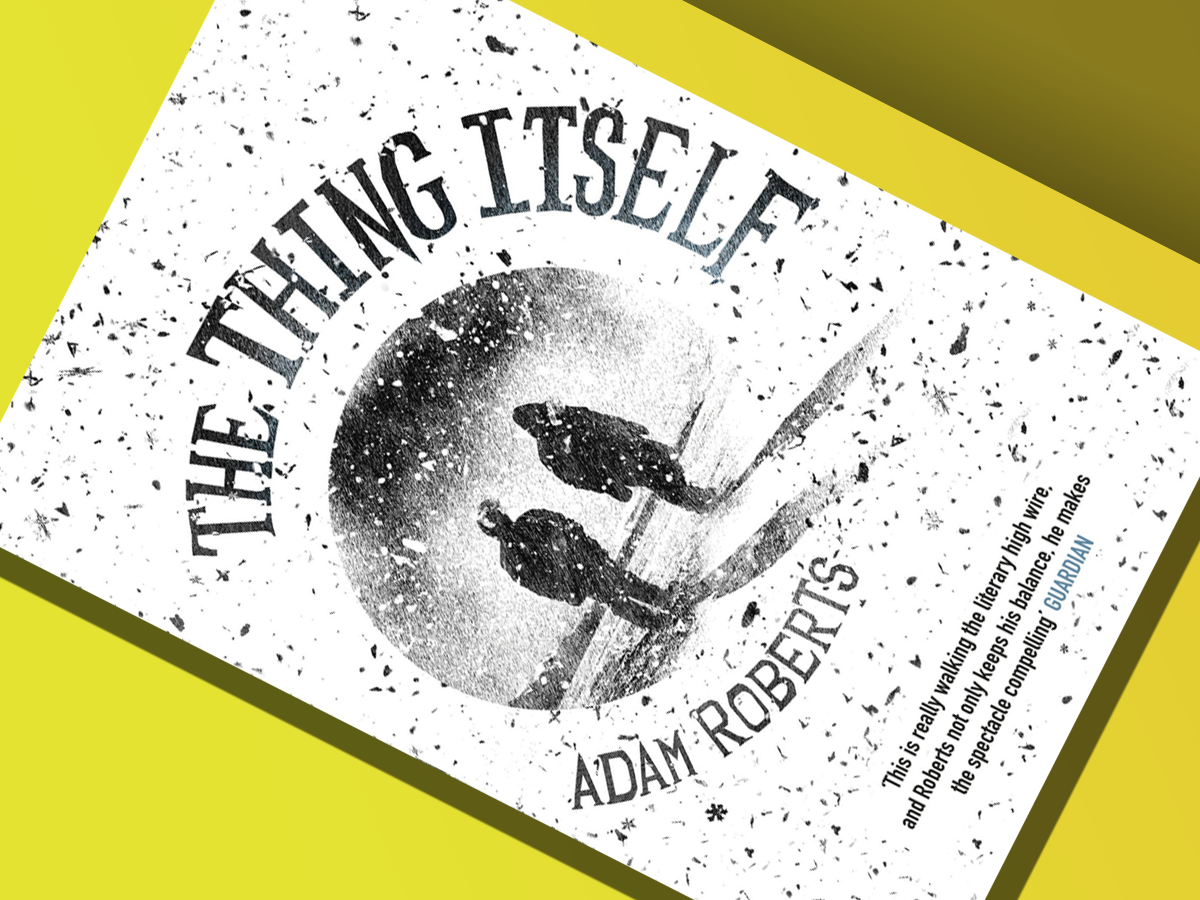
Read it if you enjoyed… The Heart Goes Last (Margaret Atwood)
Immanuel Kant’s The Critique of Pure Reason may be one of the greatest works of philosophy ever written, but it’s not exactly a page-turner. It’s not Jilly Cooper’s Riders. Even for 18th-century philosophy it’s hard going, and for the average reader it’s as dry and impenetrable as a wooden nun.
You’d think this would make it the last book you’d choose to base a sci-fi novel upon, but Adam Roberts has done that anyway. And he has done so with amazing success, creating a fast but mind-expanding story that’s both a great piece of entertainment and a hugely smart and original novel. You still get doses of aliens, artificial intelligence and action, but you’ll also be more intelligent by the end.
Empire Games, by Charles Stross (£8.54)
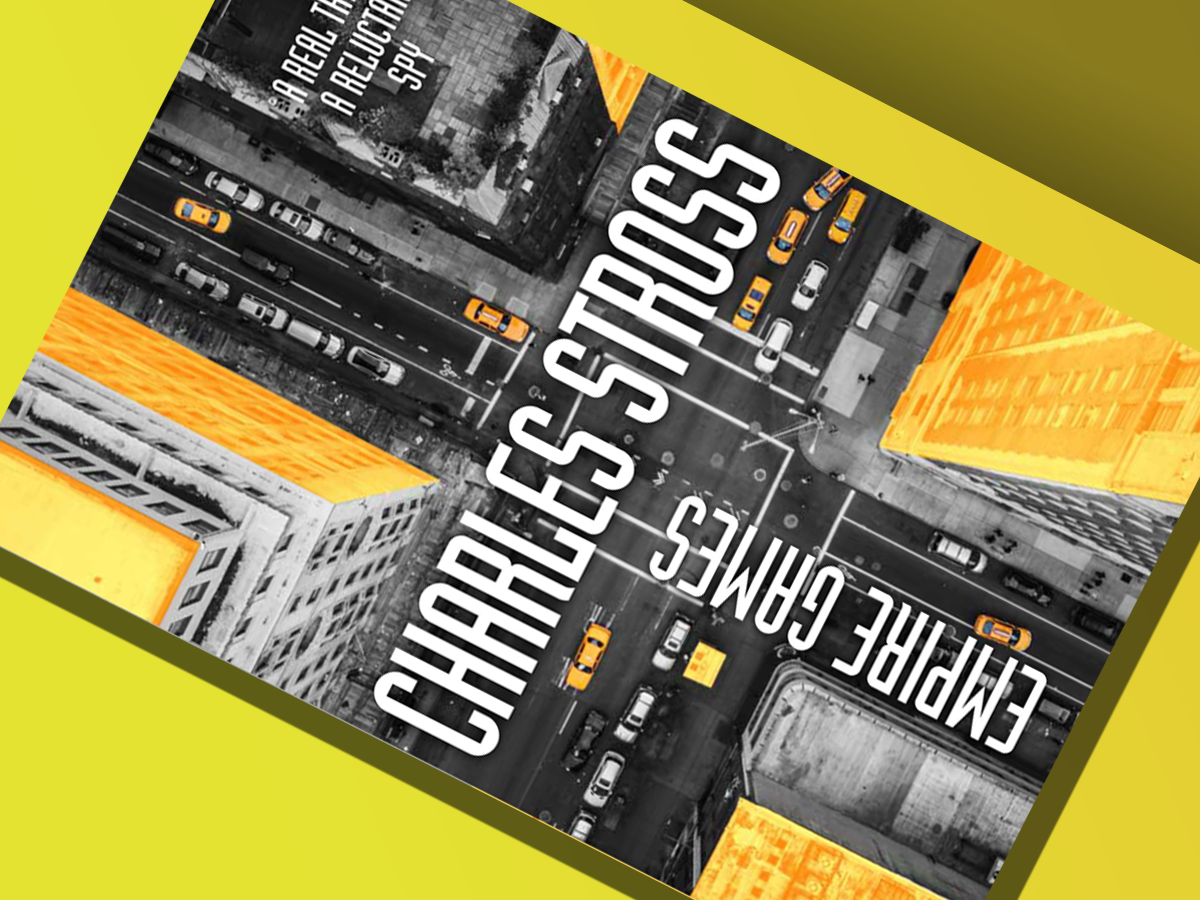
Read it if you enjoyed… Dirk Gently’s Holistic Detective Agency (by Douglas Adams)
Charles Stross is such a clever writer he makes it easy to read his books – even when they do involve four different parallel realities and alternate timelines.
Empire Games primarily follows Rita Douglas, an unassuming woman who is suddenly recruited by a secret US agency to become a time-and-dimension-hopping spy. She becomes involved in a tense battle against a paranoid parallel-America, other genocidal ‘world-walkers’ and maybe even a conspiracy in her own organisation. No-one does near-future (and present, and past) sci-fi quite like Stross, and Empire Games is a wild start to the new series.
All The Birds In The Sky, by Charlie Jane Anders (£3.80)

Read it if you enjoyed… His Dark Materials (by Philip Pullman)
Two teenage outcasts struggle with their identities and their infuriating families. So far, so typical. Except one builds time machines and super-computers, while the other is a witch who can talk to animals.
Ten years later, they meet again in San Francisco and try to make sense of their unravelling world, one in which AIs play matchmaker and abandoning Earth via a wormhole seems a genuine option. The story pans out in a touching, witty and downright dazzling way, as Anders masterfully combines the worlds of science and magic.
BINTI: Home (Binti #2), by Nnedi Okorafor (£2.22)
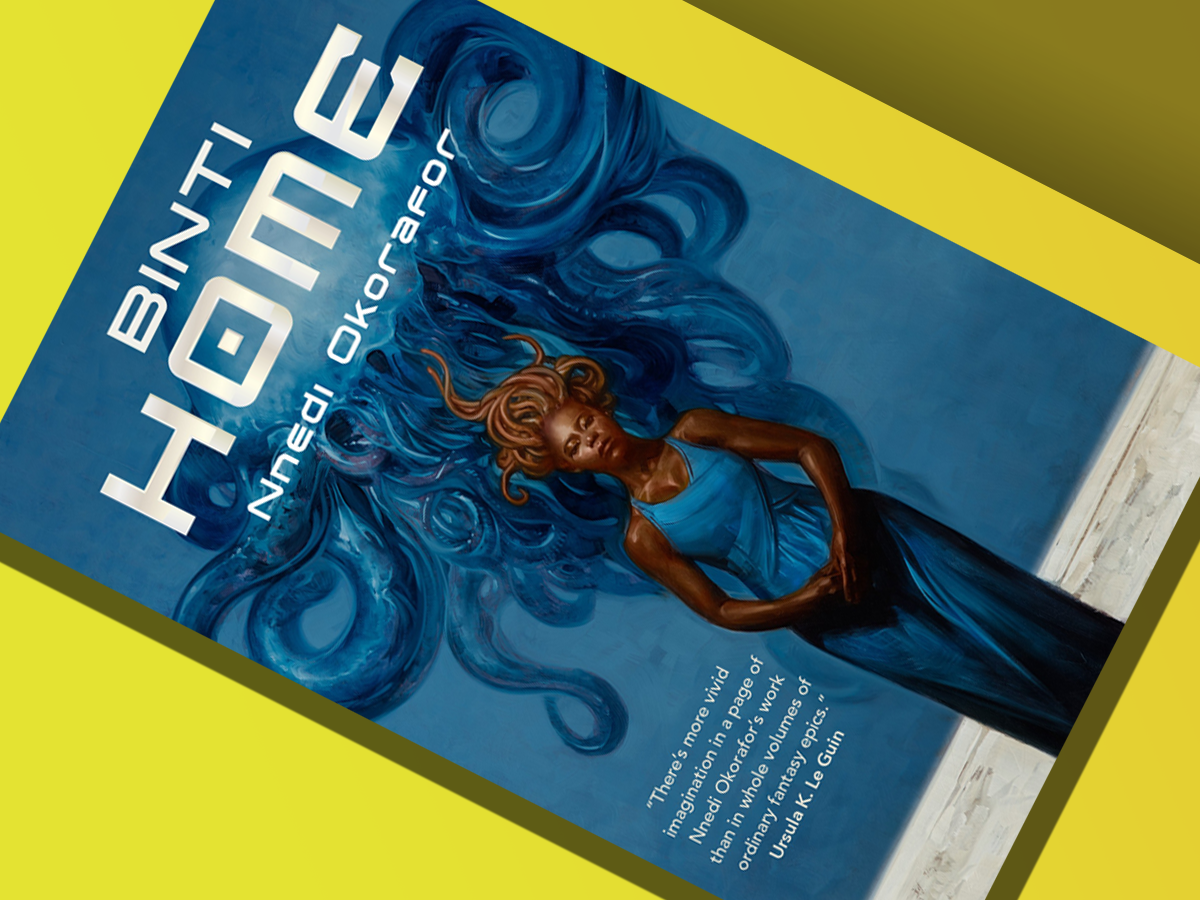
Read it if you enjoyed… Dr. Who
It’s time for afro-futurism to hit the mainstream, and Binti is going to be the poster-girl. Why? Well she’s a young space-math genius and the first of her entire clan to leave their home planet in pursuit of a university education and some galactic exploration. Of course, things quickly take a turn for the tragic, and the young girl has to grow up much faster than she’d anticipated.
Okorafor mixes a scifi setting and style with deep themes of nature and family, along with a dash of weird aliens and culture shock. Plus, George R.R Martin is rumoured to be adapting the series for TV – so get in early and lord having read all the books over your friends.
Raven Strategem (#2 The Machinery of Empire), by Yoon Ha Lee (£4.31)
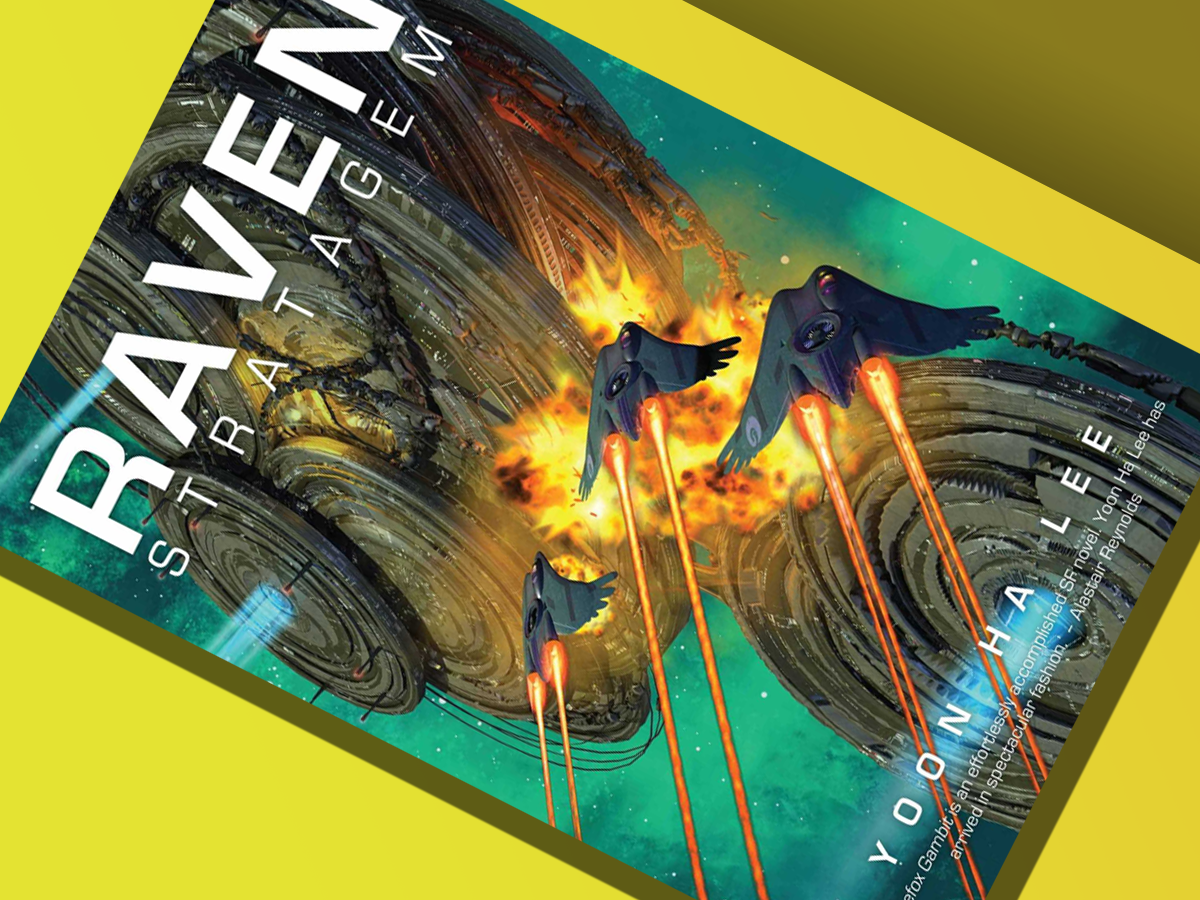
Read it if you enjoyed… any kind of military space opera
Sometimes you just want to read sci-fi that’s packed full of fantastic battles, weird technology, and inter-empire machinations – and that’s OK! And sometimes, a book has that in spades, together with a caste-based interstellar society whose whose tech is powered by a metaphysical calendar (yes, you read that right) along with our old friend, advanced space-math-magic.
Raven Strategem improves on Ninefox Gambit, the first book in the series, in almost every area. So set a date on your calendar to fall in love/hate with the Hexarchate, an insane traitor-general, and an exciting new voice in military sci-fi.
Under the Skin, by Michael Faber (£6)
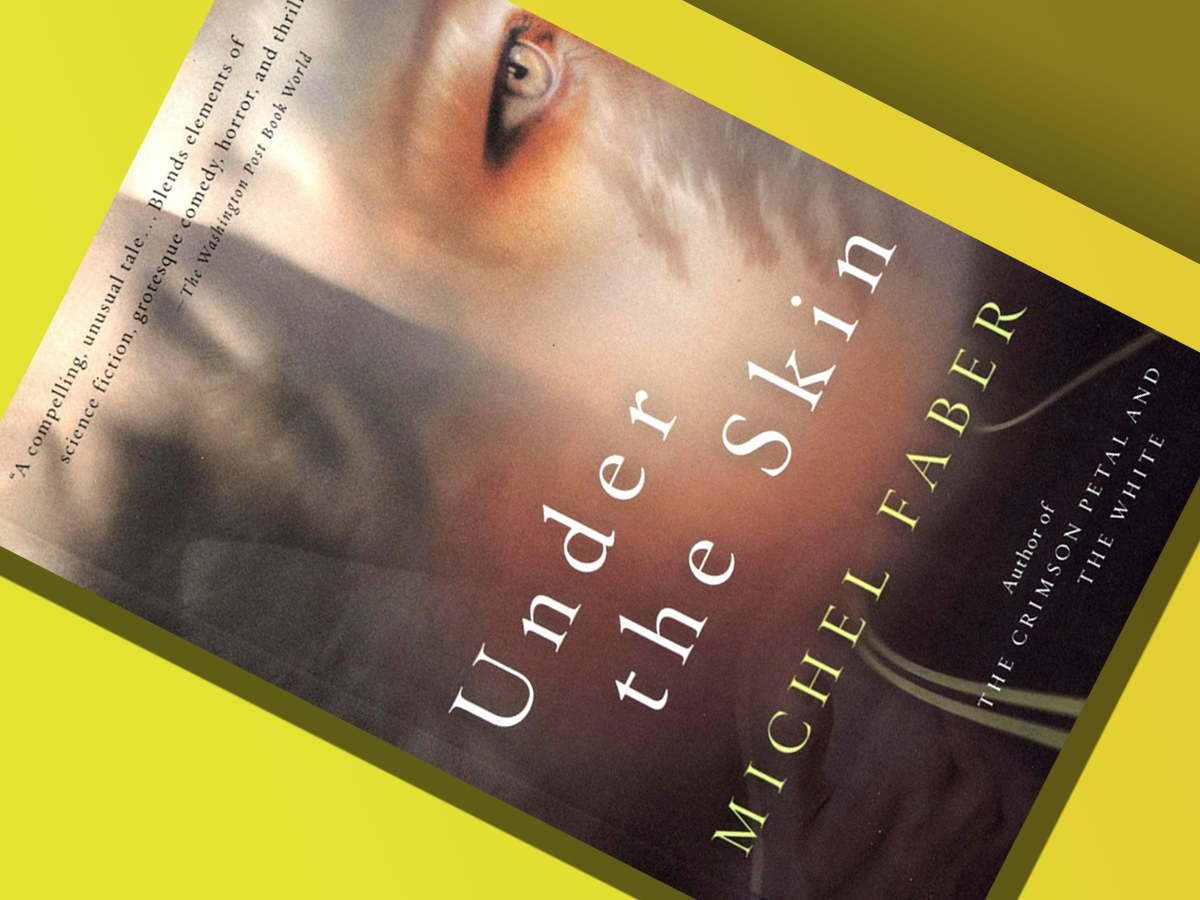
Read it if you enjoyed… Three Moments of an Explosion (by China Mieville)
Apparently, reading Under The Skin is enough to make anyone become a vegetarian. While our love for juicy steaks and BBQ-glazed ribs remains, we must admit that we ate our first meal after turning the last page with a little less enthusiasm.
The book (which the Scarlett Johansson film of the same name is only loosely based on) is artfully written from the point of view of a mysterious female driver whose job involves picking up male hitchhikers, incapacitating them, and delivering them to a farm. You’re fed dribs and drabs of information with little to explain what’s really going on, but that’s where it really shines.
The more you read, the more you begin to piece together and unravel the deeply disturbing mystery that lies beneath the surface.
Nemesis Games, by James S.A. Corey (£10)
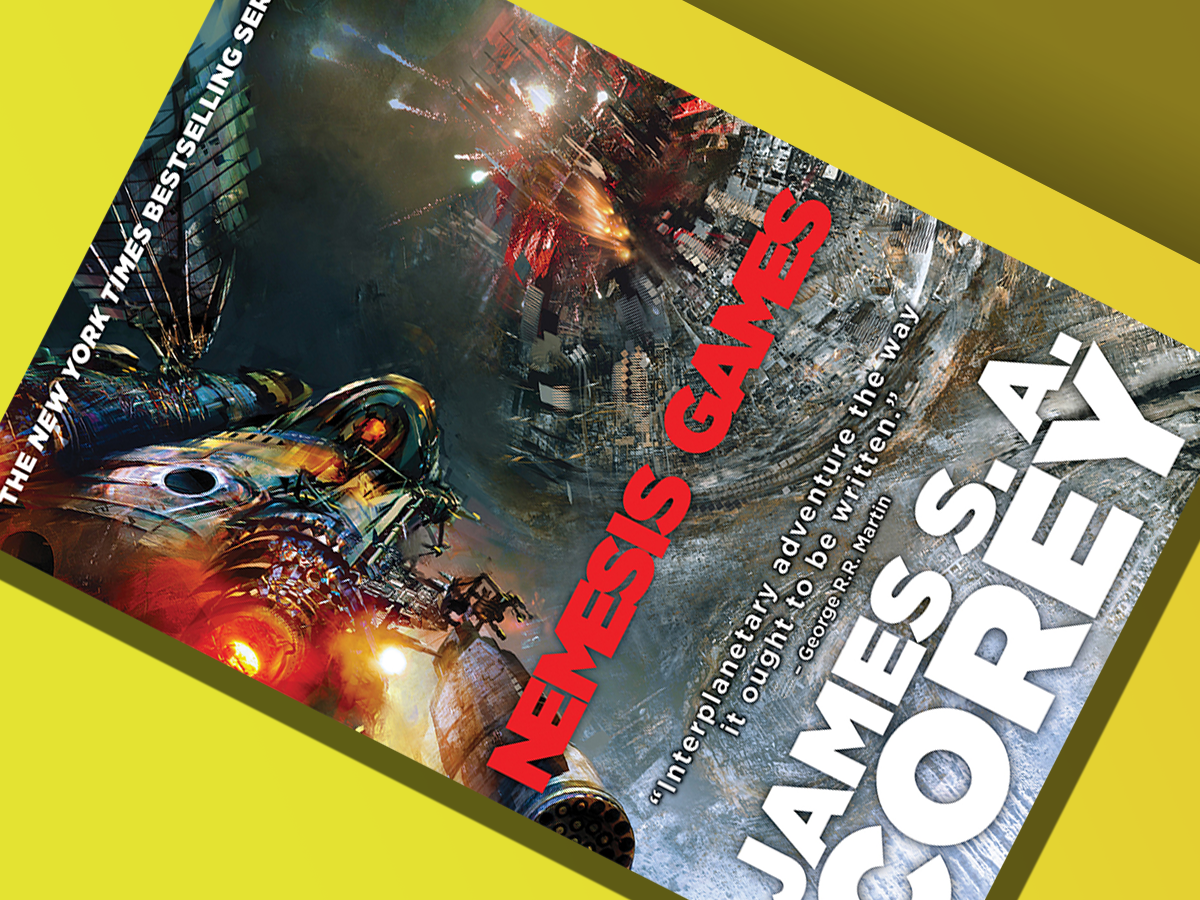
Read it if you enjoyed… Star Wars
This grand, far-future space opera is full of big characters and even bigger action scenes. The fifth entry (of nine!) in the Expanse series, Nemesis Games trades on a John Scalzi-esque combo of intergalactic intrigue, likeable misfits and plenty of post-colonial tension between different Earthling factions.
Despite far-future tech, things feel grounded here — spaceships are clunky and industrial, operating on a realistic sounding ‘Epstein Drive’. The human asteroid colonies and cities also feel particularly believable, rife with petty gangs and poverty without feeling dystopian. Dip in at Nemesis Games and you may miss a few references, but it’s a totally accessible space romp filled with warmth.
Occupy Me, by Tricia Sullivan (£8)
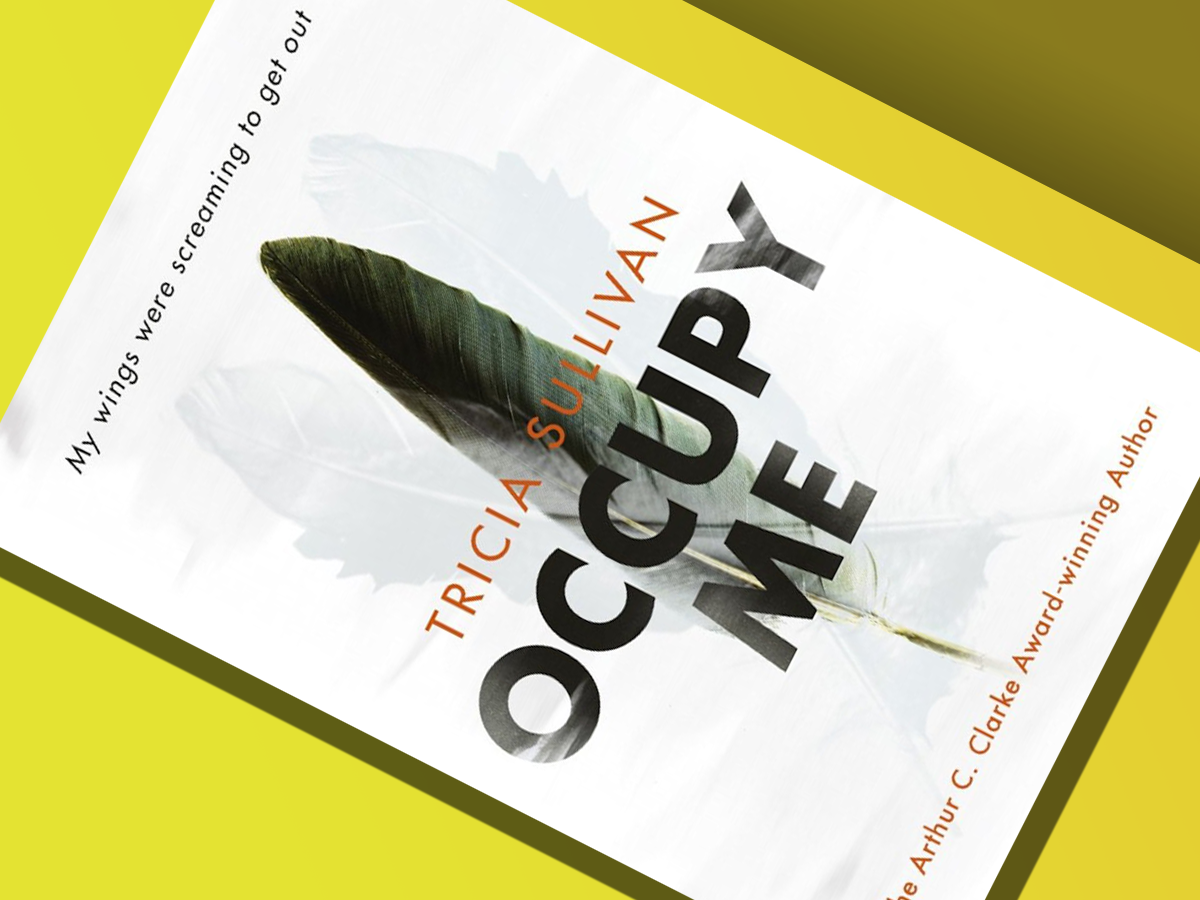
Read it if you enjoyed… Down Station (by Simon Morden)
Tricia Sullivan marks a return to sci-fi with the story of a muscular angel, whose unruly wings threaten her air steward disguise. Pearl works for the Resistance, an organisation of covert kind acts, but she has no idea who she is. Which only adds to the confusion; most of time the reader hasn’t the foggiest what’s going on, who to trust or where they’ll go next.
You can only admire the alarmingly accommodating vet sidekick and presume that a locked suitcase is an entrance to a higher dimension. Yet somehow, among all the animalistic chaos of tangled scrapheaps and prehistoric jungles, are lines that beautifully sum up the human condition.
